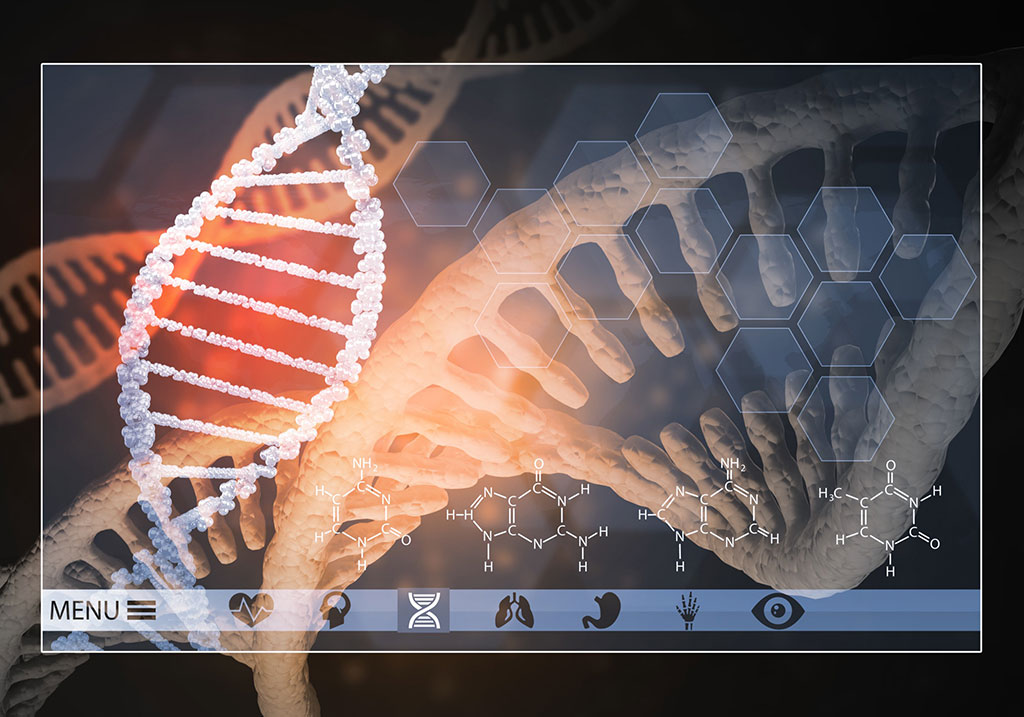AI Model Predicts Patient Outcomes across Multiple Cancer Types
Posted on 07 Dec 2023
In previous research, scientists have examined the impact of mutations in the genes that encode epigenetic factors — elements that influence gene activation or deactivation — on cancer susceptibility. However, understanding the influence of these factors' levels on cancer progression has remained largely unexplored. Addressing this gap, researchers have now developed a groundbreaking artificial intelligence (AI) model based on epigenetic factors that successfully forecasts patient outcomes across various cancer types. It does so by analyzing the gene expression patterns of epigenetic factors within tumors, and categorizing them into distinct groups. This method has been shown to predict patient outcomes more effectively than conventional metrics like cancer grade and stage. Moreover, these insights provide a foundation for future therapies targeting epigenetic factors in cancer treatment, such as histone acetyltransferases and SWI/SNF chromatin remodelers.
Researchers from UCLA Health (Los Angeles, CA, USA) examined the expression patterns of 720 epigenetic factors in tumors from 24 different cancer types. They classified these tumors into unique clusters based on these patterns. Their study revealed that in 10 of these cancer types, the clusters correlated with significant differences in patient outcomes, including progression-free survival, disease-specific survival, and overall survival. This correlation was particularly pronounced in adrenocortical carcinoma, kidney renal clear cell carcinoma, brain lower-grade glioma, liver hepatocellular carcinoma, and lung adenocarcinoma. In these cases, clusters indicating poorer outcomes generally showed higher cancer stages, larger tumor sizes, or more advanced spread.

The researchers then used epigenetic factor gene expression levels to train an AI model, aiming to predict patient outcomes specifically in the five cancer types where survival differences were most significant. The model was able to accurately segregate patients into two groups: those likely to have better outcomes and those facing poorer outcomes. Notably, the genes most critical to the AI model's predictions significantly overlapped with the cluster-defining signature genes.
“Our research helps provide a roadmap for similar AI models that can be generated through publicly-available lists of prognostic epigenetic factors,” said the study’s first author, Michael Cheng, a graduate student in the Bioinformatics Interdepartmental Program at UCLA. “The roadmap demonstrates how to identify certain influential factors in different types of cancer and contains exciting potential for predicting specific targets for cancer treatment.”
Related Links:
UCLA Health













